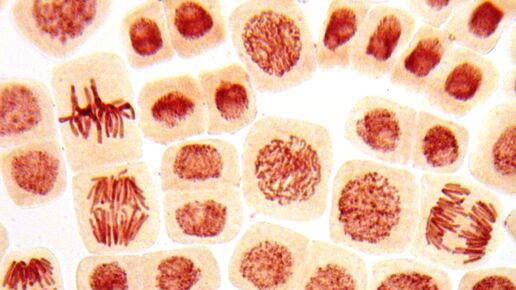Update on how EFSA evaluates genotoxicity

EFSA has published an update of how it evaluates the potential genotoxicity of substances in food and feed assessments.
The Chair of EFSA’s Scientific Committee, Prof Anthony Hardy, said: “This scientific opinion provides recommendations on the adequacy of specific tests to establish the genotoxic potential of substances. It also provides advice on using data in a weight-of-evidence approach to conclude on genotoxicity and whether or not it is possible to set safe levels for substances.”
He added: “The opinion improves clarity and predictability for applicants when preparing their dossiers for evaluation by EFSA. It will also help risk assessors when carrying out assessments of genotoxicity and risk managers when deciding on the approval or restriction of substances in the food chain.”
Three key issues addressed by the opinion are:
- Use of the “unscheduled DNA synthesis” test in relation to future assessments and re-assessments.
- Assessing bone marrow exposure in in vivo Método de investigación que consiste en efectuar ensayos en animales vivos individuales o en poblaciones de animales vivos. genotoxicity testing.
- Whether or not data allow setting of safe levels (health-based guidance values).
EFSA consulted publicly on a draft version of the opinion in mid-2017, generating feedback that helped to fine-tune the final output. A report on the consultation will follow shortly.
Enlaces a los documentos científicos
How to contact us
EFSA Media Relations Office
Tel. +39 0521 036 149
E-mail: press [at] efsa.europa.eu (Press[at]efsa[dot]europa[dot]eu)
(Only if you are a member of the press)
Ask a Question Service
You have a question about EFSA’s work? Contact our Ask a Question service!